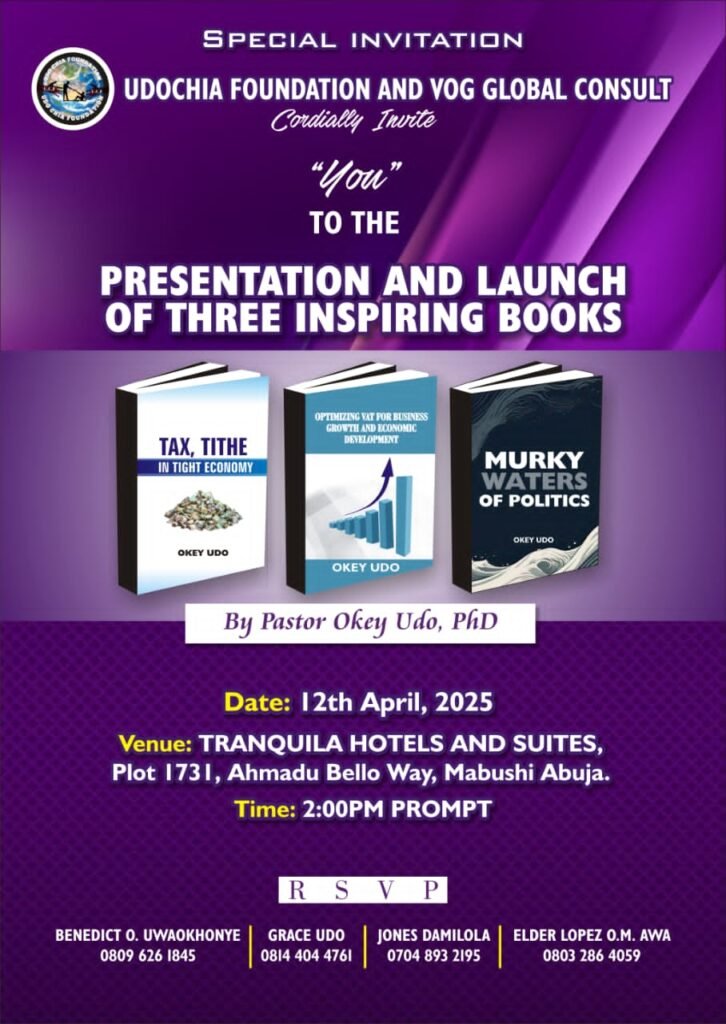“Masterclass in Governance: Governor Alex Otti’s Strategic Week Balances Immediacy with Foresight”
Governor Alex Otti’s week exemplified a masterclass in strategic governance, characterized by a sophisticated synthesis of crisis management principles, proactive policy implementation, and visionary leadership. Through a meticulous orchestration of initiatives spanning healthcare, infrastructure, education, and political stabilization, his administration demonstrated an acute awareness of both latent and emergent challenges, deploying preemptive and remedial measures to fortify societal resilience. This period underscored a governance philosophy rooted in anticipatory foresight, institutional collaboration, and an unwavering commitment to equitable development, positioning Abia State on a trajectory of sustainable progress.
Central to this governance paradigm was the prioritization of preventive mitigation, evident in the accelerated timeline for the multimillion-dollar dairy farm project. By advocating for interim funding solutions through local financial institutions while pursuing international partnerships, Otti addressed the dual risks of cost inflation and bureaucratic inertia. This dual-track financing strategy not only insulated the project from potential delays but also exemplified a nuanced understanding of economic pragmatism. Similarly, the announcement of 4,000 new teaching appointments reflected a proactive response to the systemic crisis of educational neglect, preempting long-term societal fractures such as youth disenfranchisement and illiteracy. By aligning teacher recruitment with surging school enrollments—a direct outcome of his free education policy—the administration transformed a latent demographic burden into a conduit for human capital development.
In the realm of crisis response and recovery, the administration’s achievements were equally striking. The commissioning of the 46.36-kilometer Umuahia-Uzuakoli-Abiriba highway transcended mere infrastructure development; it functioned as a catalytic intervention in regional economic paralysis. By eradicating decades of transportational neglect, the project dismantled barriers to commerce, mitigated accident-related fatalities, and neutralized security threats that had previously exploited infrastructural decay. Concurrently, the revitalization of Aba’s economy—marked by reduced loan defaults and enhanced security—illustrated a deliberate recalibration of urban policy. These measures not only resuscitated local entrepreneurship but also rekindled investor confidence, illustrating how targeted economic interventions can reverse cycles of stagnation.

The stabilization of political and institutional frameworks emerged as another cornerstone of Otti’s crisis management architecture. His adept navigation of the Labour Party’s internal discord, culminating in Supreme Court validation of its leadership structure, showcased strategic de-escalation of political tensions. This judicial resolution fortified institutional legitimacy, ensuring continuity in governance amid potential partisan volatility. Parallel to this, his advocacy for enhanced police welfare and participation in national security dialogues underscored a commitment to systemic stability. By aligning state priorities with federal security frameworks, Otti reinforced public trust in law enforcement—a critical bulwark against societal fragmentation.
Collaborative synergy formed the backbone of these achievements. Strategic alliances with entities such as the Olusegun Obasanjo Foundation and NNPC for healthcare initiatives epitomized the power of cross-sectoral partnerships. The distribution of 1,000 hearing aids and the rollout of subsidized health insurance schemes transcended conventional public health approaches, embedding equity into healthcare access. These collaborations not only amplified resource mobilization but also positioned Abia as a magnet for philanthropic and institutional investment, creating a blueprint for participatory governance.
Communication efficacy and transparency further distinguished Otti’s leadership. Regular public updates on project milestones—from teacher recruitment metrics to infrastructural timelines—cultivated a culture of accountability, while the prohibition of substandard medical outreach programs exemplified regulatory rigor. Such measures fortified civic trust, ensuring communal buy-in for transformative policies. The ceremonial renaming of the Umuahia-Abiriba corridor as “Joe Irukwu Way” further symbolized a deliberate reclamation of cultural heritage, weaving historical pride into contemporary development narratives.
In summation, Governor Otti’s week epitomized governance as an art of equilibrium—balancing immediacy with foresight, pragmatism with idealism, and local imperatives with global partnerships. By interlacing crisis aversion, economic revitalization, and institutional fortification, his administration not only addressed extant vulnerabilities but also engineered a framework for enduring prosperity. This holistic approach, characterized by intellectual rigor and moral clarity, reaffirms that effective crisis management transcends mere problem-solving; it demands the cultivation of ecosystems where resilience becomes inherent to societal DNA.

Dr Chukwuemeka Ifegwu Eke writes from Yakubu Gowon University Nigeria







